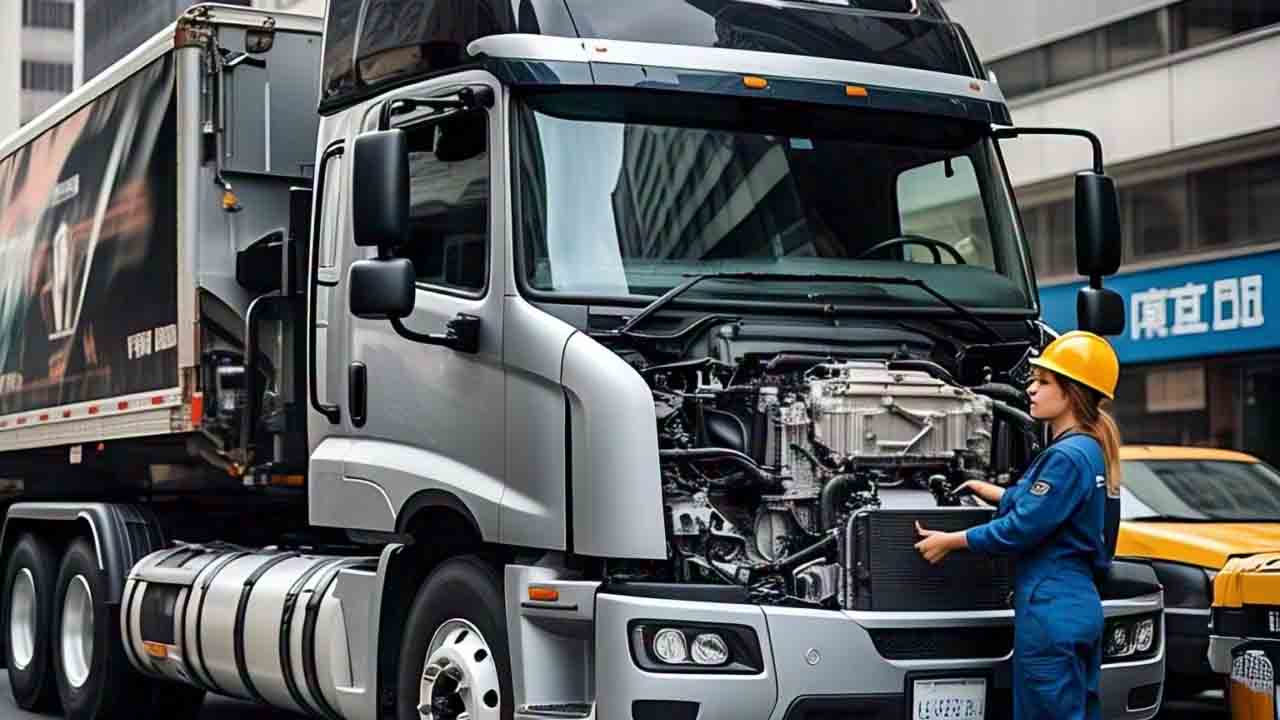
Dieselspecialists – Diesel Engines Drive On even as passenger car sales using diesel technology continue to decline. According to the latest data from GlobeNewswire, the global diesel engine market is projected to expand significantly from USD 53.6 billion in 2025 to USD 86.9 billion by 2033, reflecting a compound annual growth rate (CAGR) of 6.22%. This surge is largely driven by the heavy-duty vehicle sector, including trucks, buses, and industrial equipment, where diesel engines remain the preferred choice due to their high torque and fuel efficiency.
While light-duty vehicle manufacturers pivot toward electric powertrains to meet stricter emission regulations, sectors like freight transport and logistics continue to lean on diesel technology to deliver consistent performance across long distances and under heavy loads. These use cases showcase how Diesel Engines Drive On, meeting demand where electrification still faces operational limits.
Diesel Engines Drive On not only through market resilience but also through technological innovation. Manufacturers are increasingly equipping modern diesel engines with advanced fuel injection systems, exhaust after-treatment technologies, and electronic control modules that dramatically reduce nitrogen oxide (NOx) and particulate matter emissions.
“AIM Expo 2025: The Ultimate Showcase of Innovation”
As emission regulations tighten globally particularly in the European Union. North America, and parts of Asia manufacturers are investing heavily in cleaner diesel solutions. These innovations are crucial to ensure that diesel remains a viable and compliant option for heavy-duty transportation in the near future. The evolution of clean diesel is now bridging the gap between environmental responsibility and industrial necessity.
Despite the global shift toward electric vehicles (EVs), Diesel Engines Drive On in a more targeted and strategic role. Instead of powering compact cars and urban commuters. Diesel engines are now focused where they shine best long-haul transportation, agricultural machinery, and construction equipment.
Industry analysts suggest that this niche approach will allow diesel to remain relevant throughout the next decade. As hybrid systems and renewable fuels also begin to blend with diesel technologies. We may witness a more sustainable form of diesel propulsion. In a landscape rapidly embracing green energy, diesel isn’t disappearing it’s adapting.
“Embracing Wellness: Holistic Trends Shaping 2025”
Dieselspecialists - Black Death Alert is shaking up the diesel community as mechanics sound the alarm on a silent but…
Dieselspecialists - Diesel Goes Electric is rapidly becoming a rallying cry for the future of commercial transportation. Around the world,…
Dieselspecialists - Ford Phases Out EcoBlue in a significant strategic pivot aimed at transforming its European portfolio. The company announced…
Dieselspecialists - Diesel Engines Ignite a new wave of admiration from engineers and drivers alike thanks to their powerful yet…
Dieselspecialists - Diesel Power Meets a new era of adventure as the off-road and heavy-duty accessories market continues to expand…
Dieselspecialists - LNG Truck Boom Drives a dramatic shift in China’s heavy-duty transportation sector as the country embraces liquefied natural…